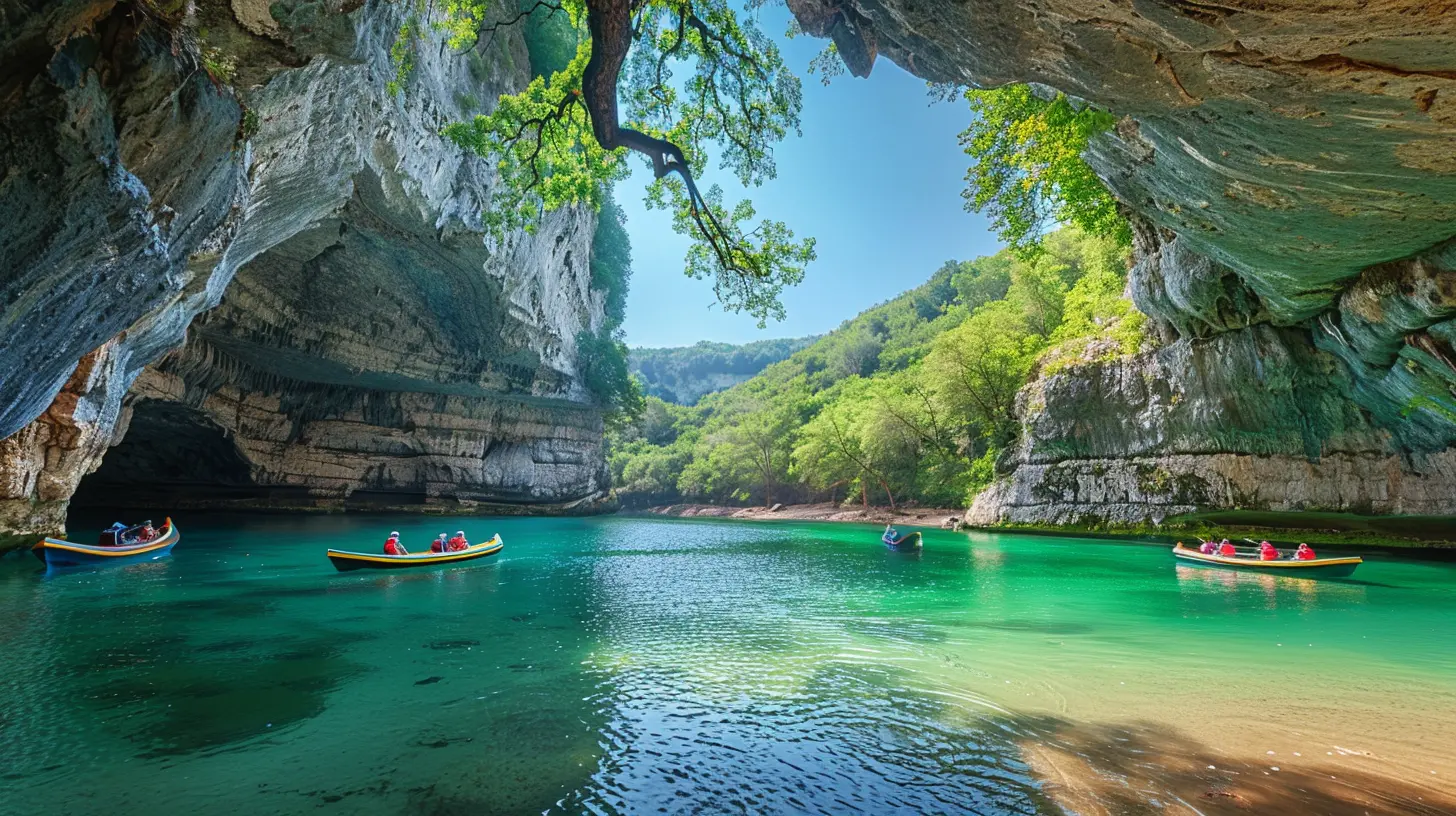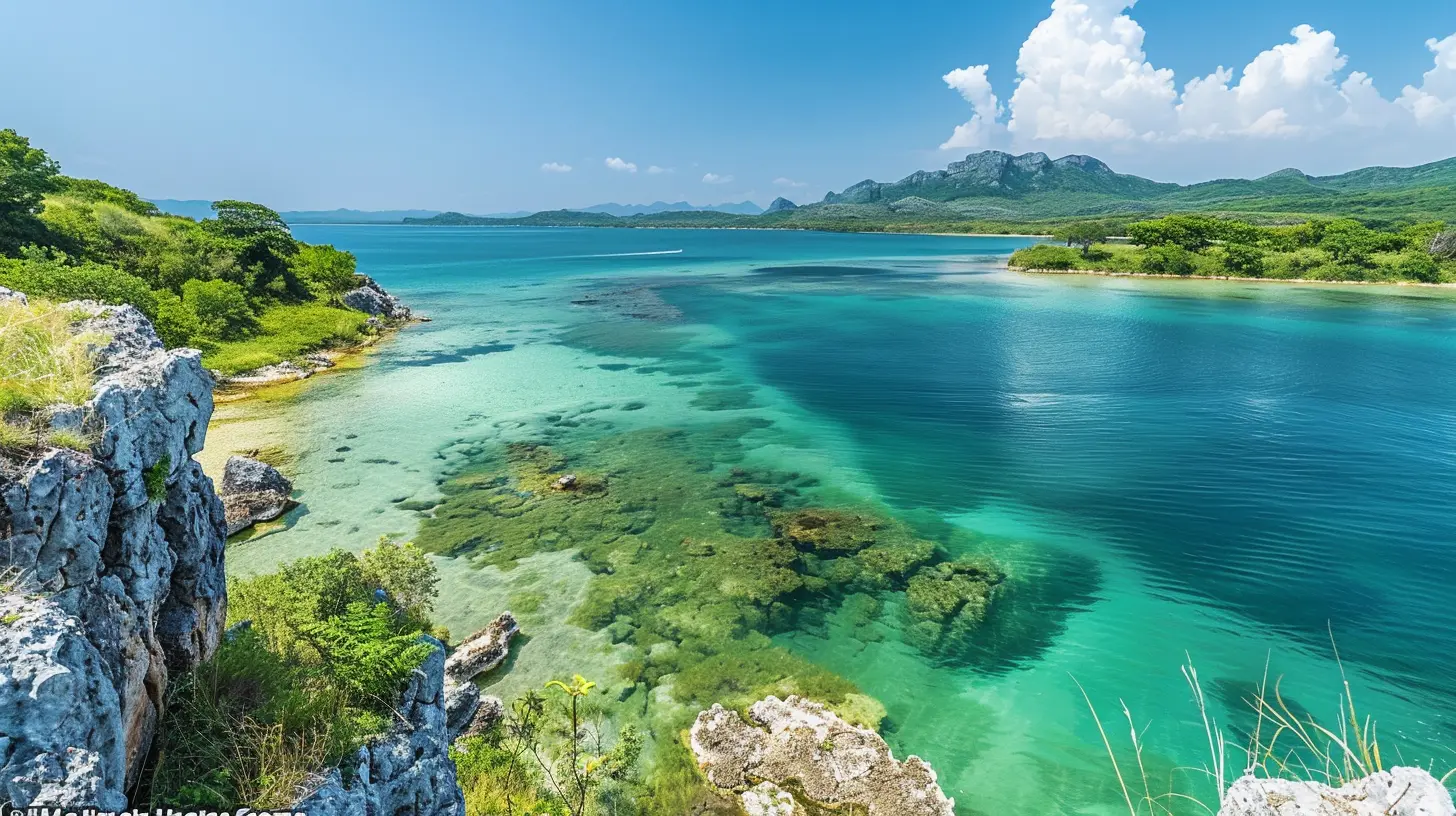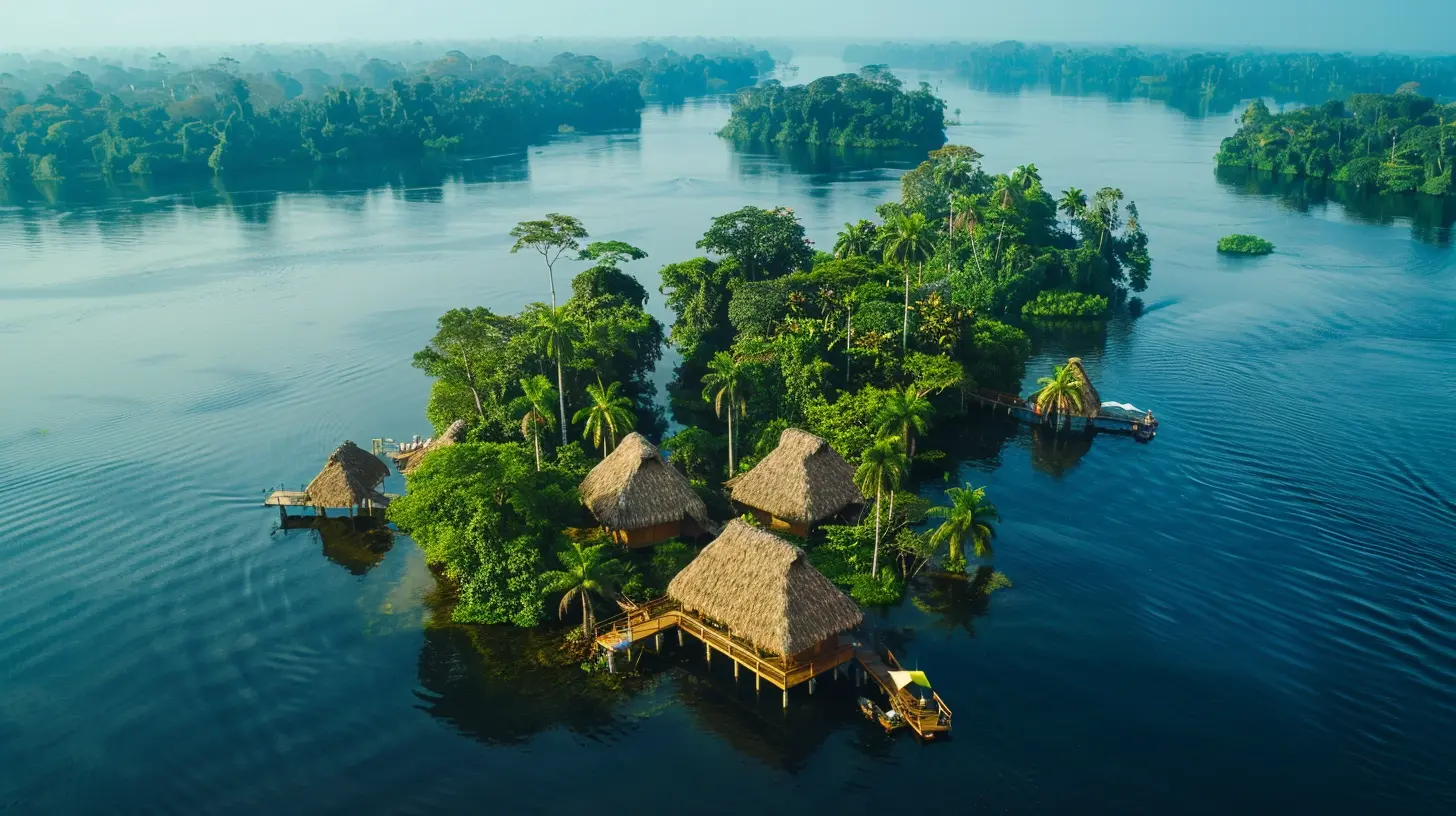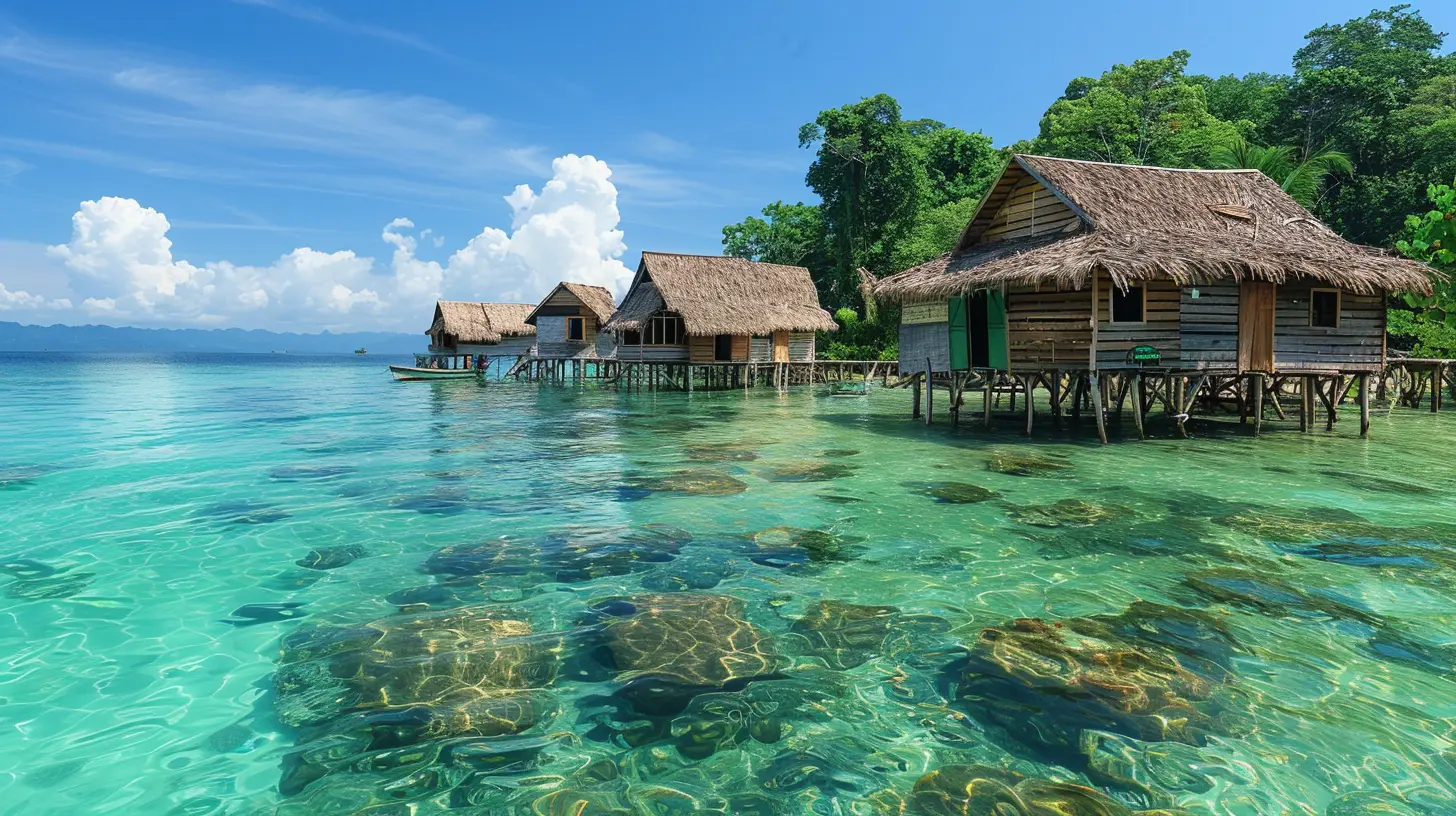Ecotourism and Conservation: UNESCO’s Natural Heritage
29 August 2025
Nature is breathtaking, isn’t it? Towering mountains, sprawling forests, and oceans teeming with life—these are the wonders that make Earth extraordinary. But with modern development and mass tourism, our planet’s pristine beauty is at risk. That’s where ecotourism comes in.
Ecotourism and conservation go hand in hand, protecting some of the most spectacular places on Earth while allowing travelers to experience them responsibly. UNESCO’s Natural Heritage sites play a crucial role in this balance, preserving these natural gems for generations to come.
So, what exactly is ecotourism, and how does it support conservation and UNESCO’s mission? Let’s dive in! 
What Is Ecotourism?
At its core, ecotourism is responsible travel to natural areas that conserve the environment, sustain local communities, and promote education. Unlike conventional tourism, which sometimes damages ecosystems, ecotourism encourages minimal impact while boosting awareness and appreciation of the natural world.It’s not about snapping a selfie on a crowded beach. It’s about walking through a rainforest, listening to the whisper of the wind in the trees, and understanding that every step you take has an impact.
Some key principles of ecotourism include:
- Minimizing environmental impact
- Supporting local communities through economic opportunities
- Encouraging conservation efforts
- Educating visitors on the importance of preservation
- Respecting indigenous cultures and traditions
When done right, ecotourism benefits both nature and people, creating a win-win situation for everyone involved. 
The Role of UNESCO in Conservation
UNESCO (United Nations Educational, Scientific and Cultural Organization) works tirelessly to protect the world’s most outstanding natural and cultural sites. Their World Heritage program designates specific places as World Heritage Sites, recognizing their significance and need for protection.Natural World Heritage Sites aren’t just pretty locations; they are critical ecosystems that support biodiversity, regulate the climate, and provide resources for local populations. UNESCO ensures that these areas are managed sustainably, balancing tourism with conservation efforts.
By visiting UNESCO-protected natural sites responsibly, tourists directly contribute to efforts that maintain these locations for future generations. 
UNESCO’s Most Stunning Natural Heritage Sites
Feeling inspired? Let’s take a virtual journey to some of the world’s most breathtaking UNESCO Natural Heritage Sites where ecotourism and conservation thrive.1. Galápagos Islands, Ecuador
Ever wondered what it’s like to stroll through a real-life Jurassic Park? The Galápagos Islands are home to unique wildlife found nowhere else on Earth. Giant tortoises, marine iguanas, and blue-footed boobies live peacefully in this volcanic paradise.But tourism, if unchecked, can threaten this delicate ecosystem. Strict ecotourism guidelines ensure that visitors tread lightly. Small-group tours, waste management policies, and wildlife protection efforts help keep the Galápagos pristine.
2. Great Barrier Reef, Australia
The Great Barrier Reef is the world’s largest coral reef system—a sprawling underwater city of marine biodiversity. But rising ocean temperatures and pollution have taken a toll.Fortunately, ecotourism initiatives are stepping in. Sustainable diving programs, coral restoration projects, and educational tours help tourists appreciate the reef without harming it.
Want to see this underwater wonderland? Support operators who follow responsible tourism guidelines, and you’ll be part of the solution.
3. Serengeti National Park, Tanzania
The Serengeti is nature’s grand stage, where millions of wildebeest, zebras, and predators play out the Great Migration. It’s one of the last remaining places where animals move freely across vast landscapes.Ecotourism plays a huge role in funding conservation here. Community-led safaris, eco-lodges, and wildlife protection initiatives ensure that tourism dollars support local rangers, anti-poaching efforts, and habitat preservation.
4. Yosemite National Park, USA
Yosemite’s towering granite cliffs, waterfalls, and sequoia trees attract millions of visitors each year. But overcrowding can strain this natural treasure.Fortunately, eco-conscious policies, such as shuttle systems, waste reduction programs, and reforestation efforts, help mitigate the impact. Visitors who stick to trails, respect wildlife, and practice Leave No Trace principles play a key role in Yosemite’s conservation.
5. Amazon Rainforest (Peru, Brazil, Colombia & More)
The Amazon Rainforest, often called the "lungs of the Earth," is a biodiversity hotspot. But illegal logging, mining, and deforestation threaten its existence.Sustainable tourism projects—like eco-lodges run by indigenous communities—help preserve the rainforest while allowing travelers to experience its magic. Choosing certified eco-tours ensures that your visit contributes to conservation. 
How Ecotourism Supports Conservation
Still wondering why ecotourism matters? Here’s how it makes a real impact:1. Provides Funding for Conservation
Many national parks rely on entrance fees and tourism revenue to fund conservation projects, from protecting endangered species to maintaining hiking trails. Choosing eco-conscious travel means your money goes toward preserving these landscapes.2. Encourages Local Community Involvement
Conservation isn’t just about protecting nature—it’s about people too. Eco-lodges, guided tours, and locally run activities provide jobs and incentives for communities to protect their natural surroundings instead of exploiting them.3. Reduces Environmental Impact
Mass tourism can be destructive. Ecotourism minimizes harm through low-impact travel, sustainable accommodations, and responsible animal interactions.4. Raises Awareness
Let’s face it—we often protect what we understand. Experiencing nature firsthand makes people more likely to support conservation efforts. A trip to a World Heritage site might just turn a tourist into an advocate for the planet!How to Be a Responsible Eco-Traveler
Thinking about planning an eco-friendly adventure? Here are a few simple but powerful ways to make your travels sustainable and respectful of nature:- Choose eco-certified accommodations (look for lodges that run on renewable energy or help conserve resources).
- Support local businesses and communities instead of big corporations.
- Stick to designated trails to protect fragile ecosystems.
- Avoid single-use plastics and carry a reusable water bottle.
- Respect wildlife—no touching, feeding, or disturbing them.
- Travel with responsible tour operators who prioritize sustainability.
Your choices matter. Even small actions add up to create a massive positive impact on the planet.
The Future of Ecotourism and Conservation
As more people recognize the importance of conservation, the future of ecotourism looks bright. With sustainable tourism practices and strong conservation efforts, we can ensure that UNESCO’s Natural Heritage Sites remain untouched for generations.It’s up to us to preserve these incredible places. By traveling responsibly, we contribute to protecting Earth’s most precious ecosystems.
So, when planning your next adventure, ask yourself: Is my travel helping or harming the planet? If you choose ecotourism, you’re taking a step towards a greener, more sustainable future.
all images in this post were generated using AI tools
Category:
Unesco SitesAuthor:

Ian Powell
Discussion
rate this article
1 comments
Savannah Kirk
Ecotourism plays a vital role in conservation, promoting sustainable practices that protect UNESCO's natural heritage while supporting local communities economically.
August 29, 2025 at 3:36 AM

Ian Powell
Thank you for your insightful comment! I completely agree; ecotourism is essential for conserving our natural heritage and empowering local communities.


